Main Menu
We’ve rebranded some of our products, learn more ›
CODEX® is now PhenoCycler, Phenoptics™ is now Phenolmager.
Australia Spatial Day 2023 (Brisbane)
Original Air Date: Tuesday, July 18, 2023
Spatial day aims to bring together academic and clinical researchers to share the latest advances in spatial biology, and how these cutting-edge applications have been used to address key questions across discovery and translational research a range of disease area.
Highlights: Introduction to the fastest spatial proteomics platform, the PhenoCycler-Fusion. Spatial biology research breakthroughs by Queensland researchers in immuno-oncology and cancer. Explore how spatial technologies can be used to uncover biology for various disease area.
Uncovering New Insights in Tumor Biology and Beyond
Video
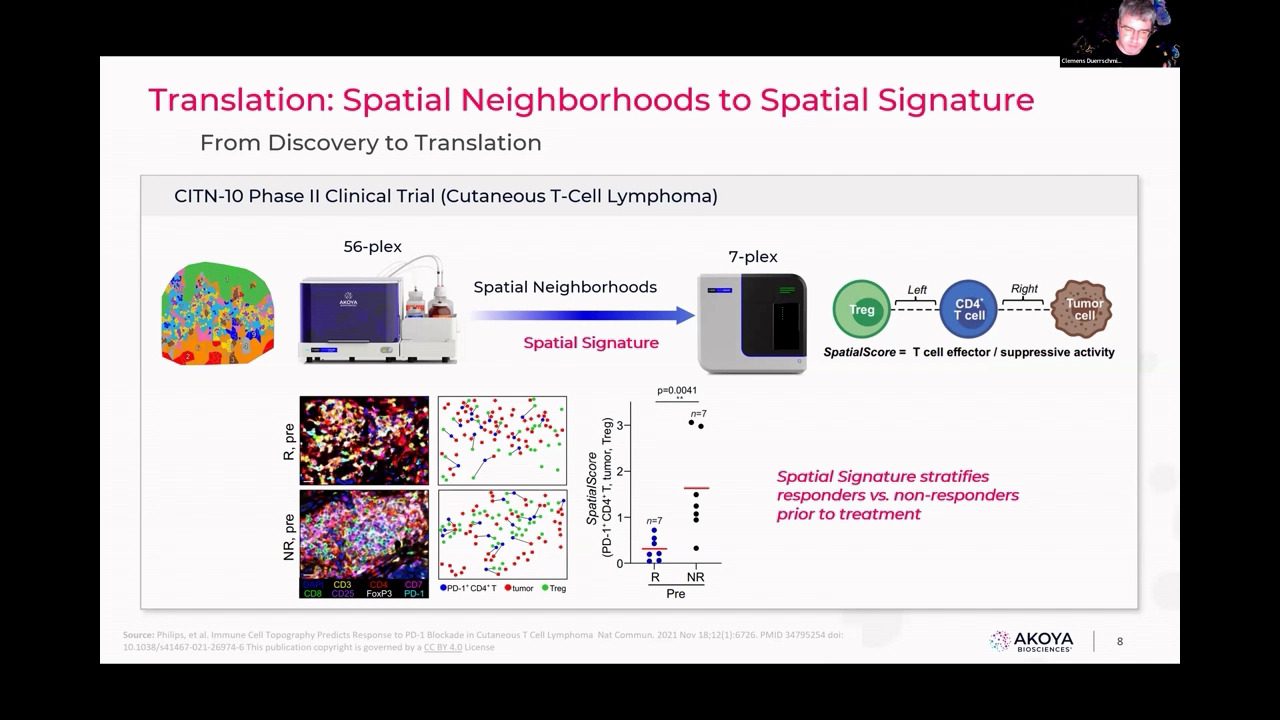
Speaker
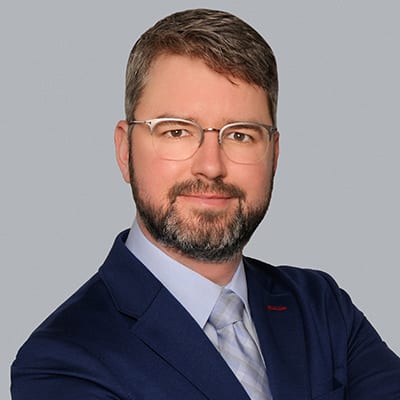
Clemens Duerrschmid, PhD
Sr. Technical Application Scientist,
Akoya Biosciences
Spatial Precision Oncology: Stratifying Immunotherapy Response in Hepatocellular Carcinoma
Video
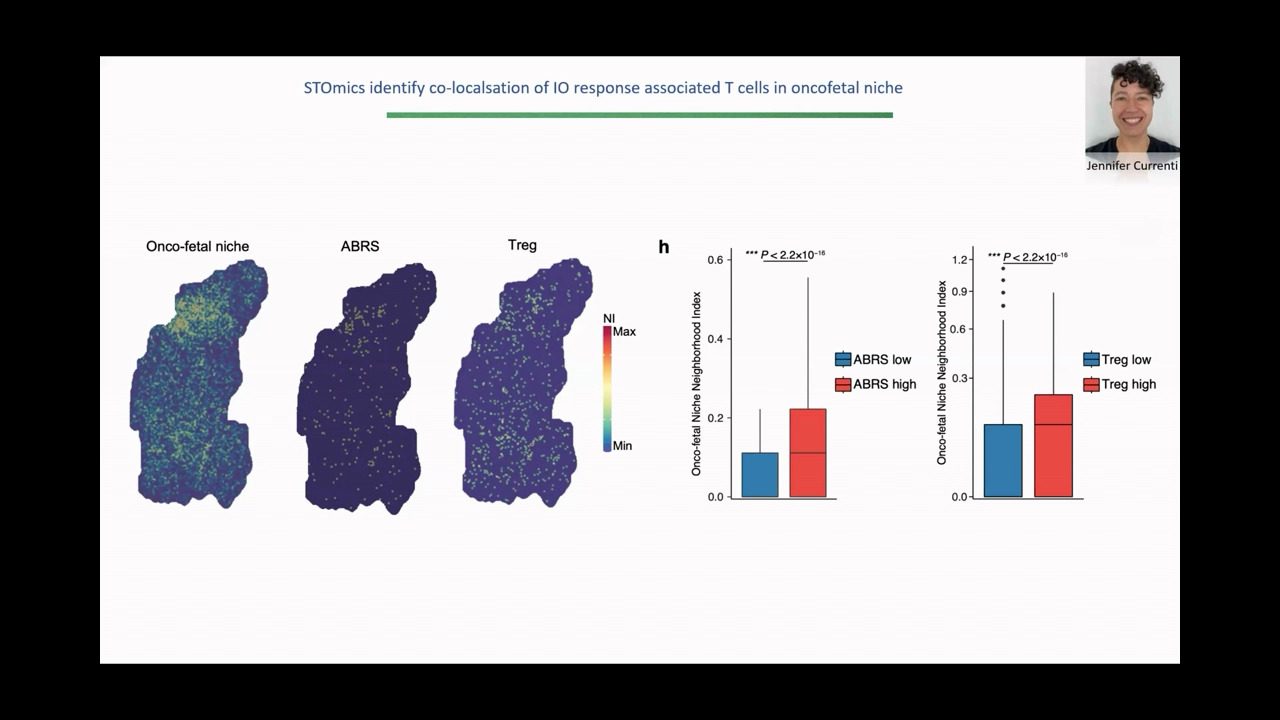
Speaker
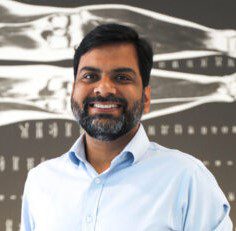
Ankur Sharma, Ph.D.
Laboratory Head, Harry Perkins Institute of Medical Research and Curtin University
Multi-omic Spatial Delineation of Immunotherapy Response
Dr. Arutha Kulasinghe discusses how single-cell multiomic spatial phenotyping is an invaluable tool to characterize the tumor microenvironment using unbiased whole-slide imaging of metastatic/recurrent HNSCC tumors among patients treated with pembrolizumab/nivolumab. He also explains how using these techniques, his team were able to identify stromal, immune, and metabolic tissue signatures associated with resistance to immunotherapy and poor overall survival.
Video
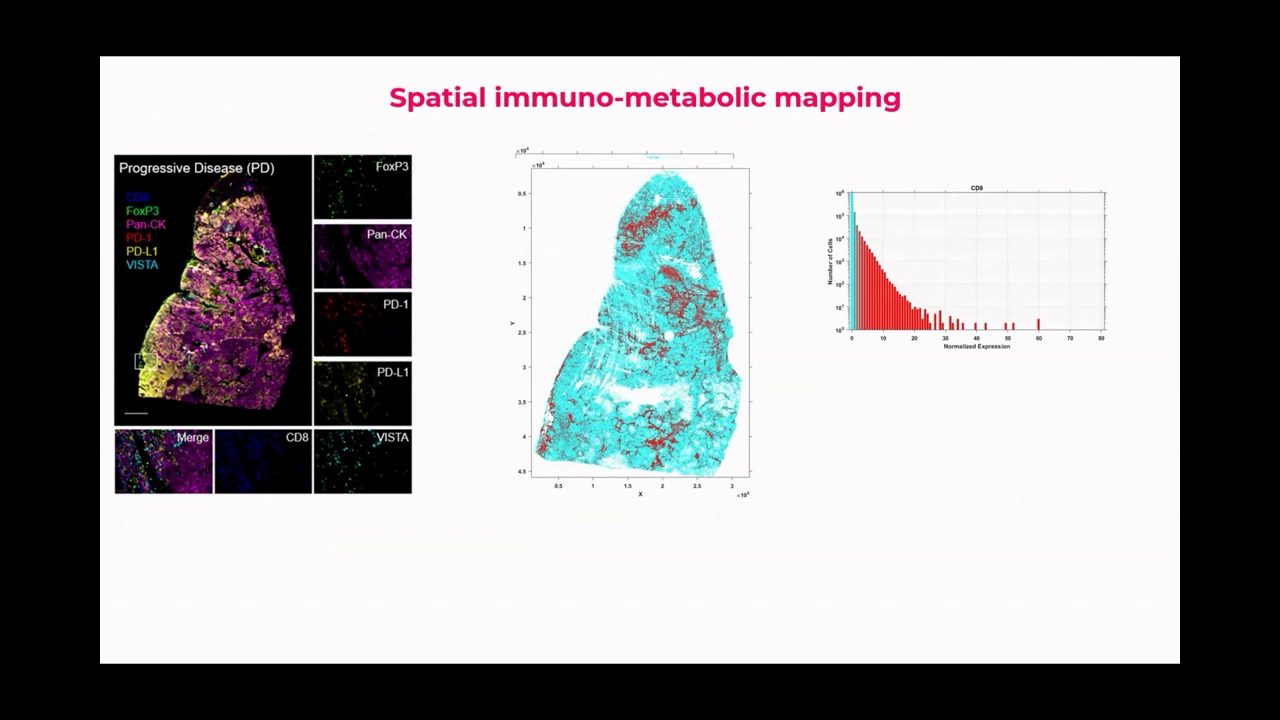
Speaker
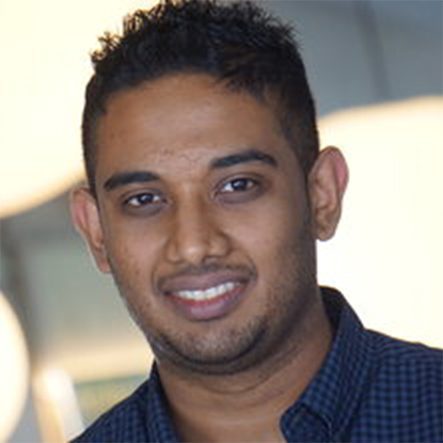
Arutha Kulasinghe, PhD
NHMRC Research Fellow, Clinical-oMx Lab Head, The University of Queensland, Australia
The Activation Status and Spatial Distribution of Hofbauer Cells in Malawian Placentas with Active, Past, or No Malaria: Insights from an Opal Multiplex Study
Video
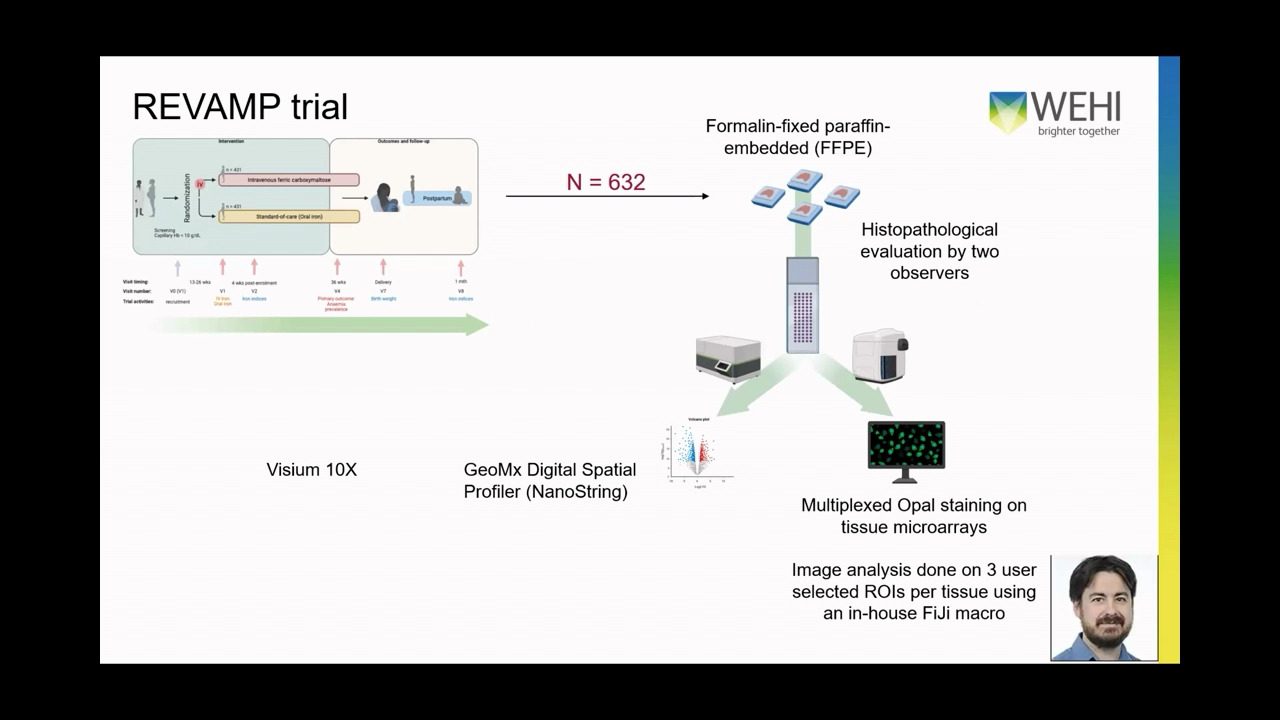
Speaker
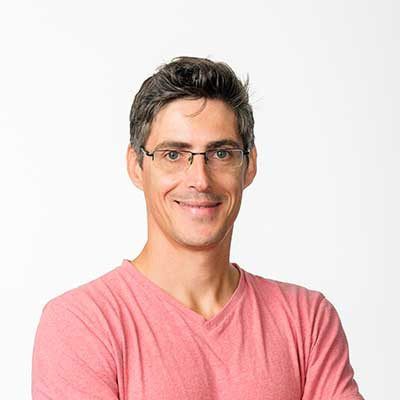
Ricardo Ataíde, PhD
Senior Research Fellow, Walter and Eliza Hall Institute, Peter Doherty Institute
Spatial Imaging and Phenotypic Analysis of Immune Cells and Malaria Parasites in Plasmodium Infected Human Spleens
Video
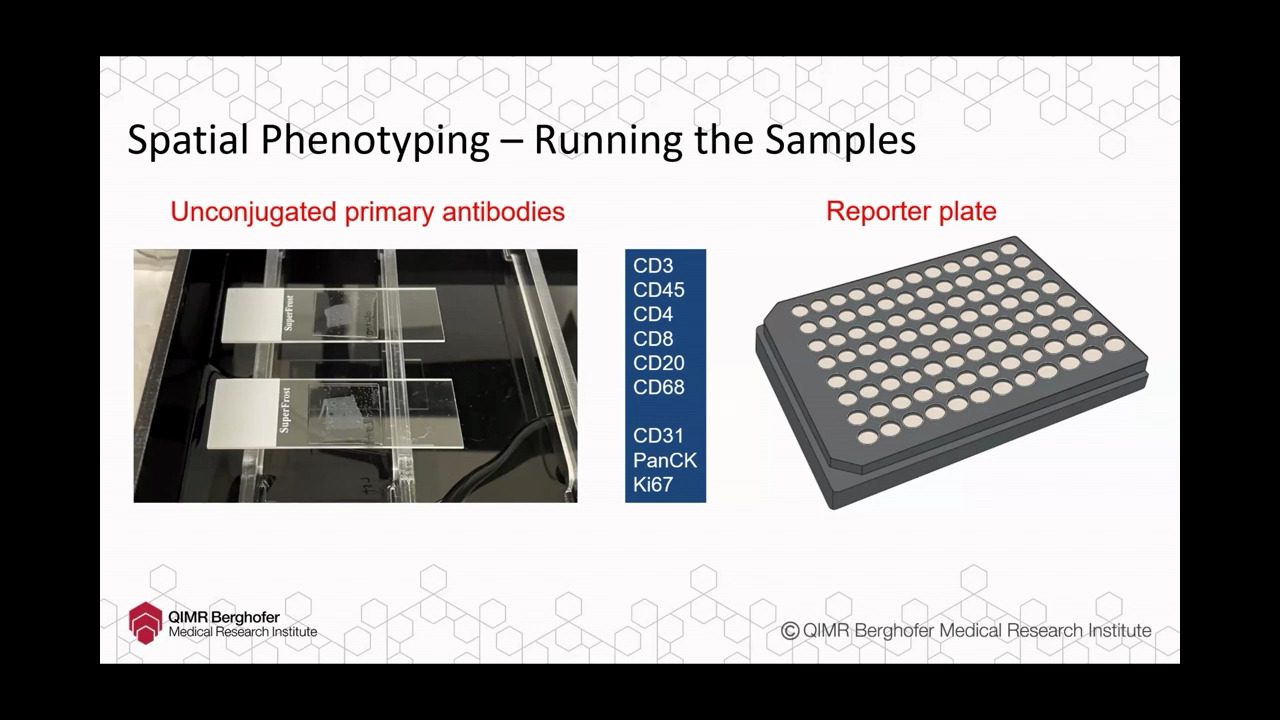
Speaker
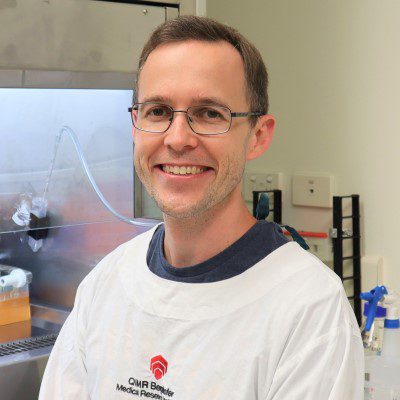
Dean Andrew
Research Assistant, QIMR Berghofer Medical Research Institute
Clinical Implementation of Spatial Proteomic Data for Cancer Treatment Personalization
Video
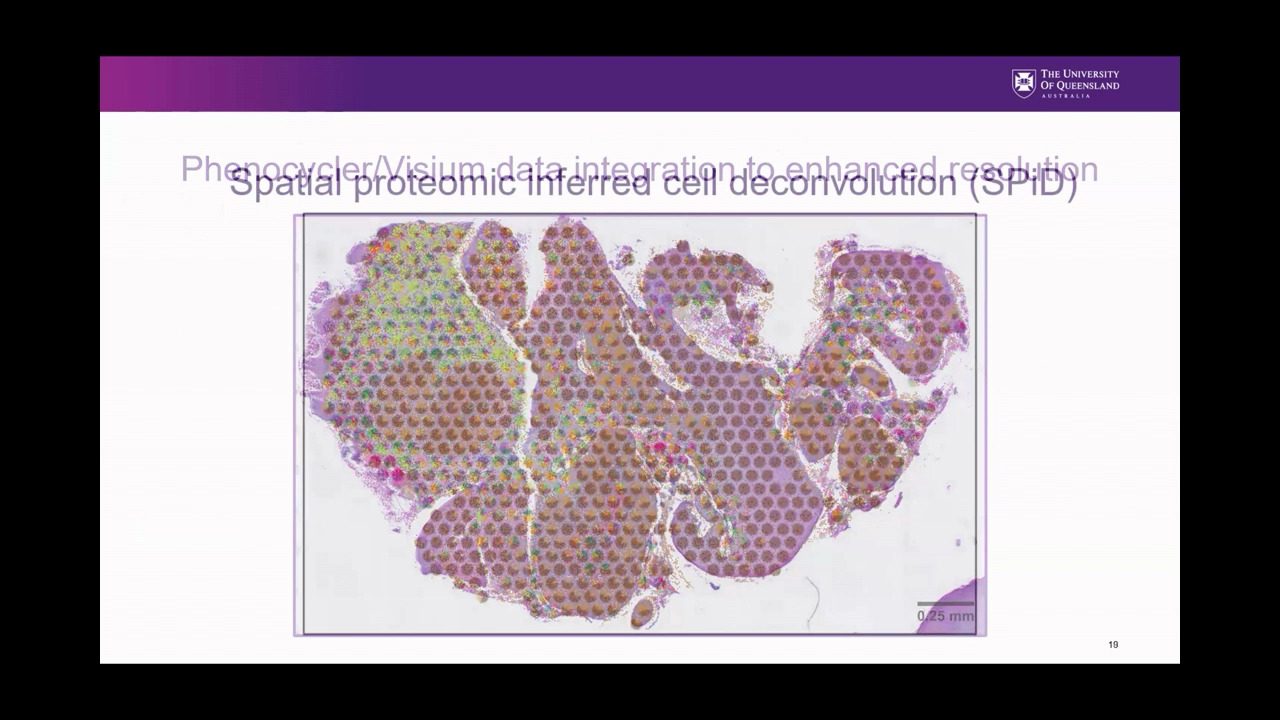
Speaker
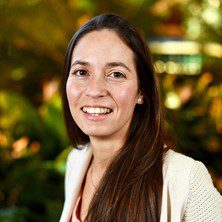
Jazmina Gonzalez Cruz, PhD
Senior Research Fellow, Frazer Institute Faculty of Medicine
Tertiary Lymphoid Structures (TLS) in Solid Tumors
Dr. Jessica Da Gama Duarte from Olivia Newton-John Cancer Research Institute presents a protocol for the in situ interrogation and characterization of TLSs in human and murine tissue sections using multiplex immunohistochemistry. This protocol enables simultaneous detection of up to 7 markers (6 antigens and a DAPI counterstain). She also describes a grading system to identify immature and mature TLSs.
Video
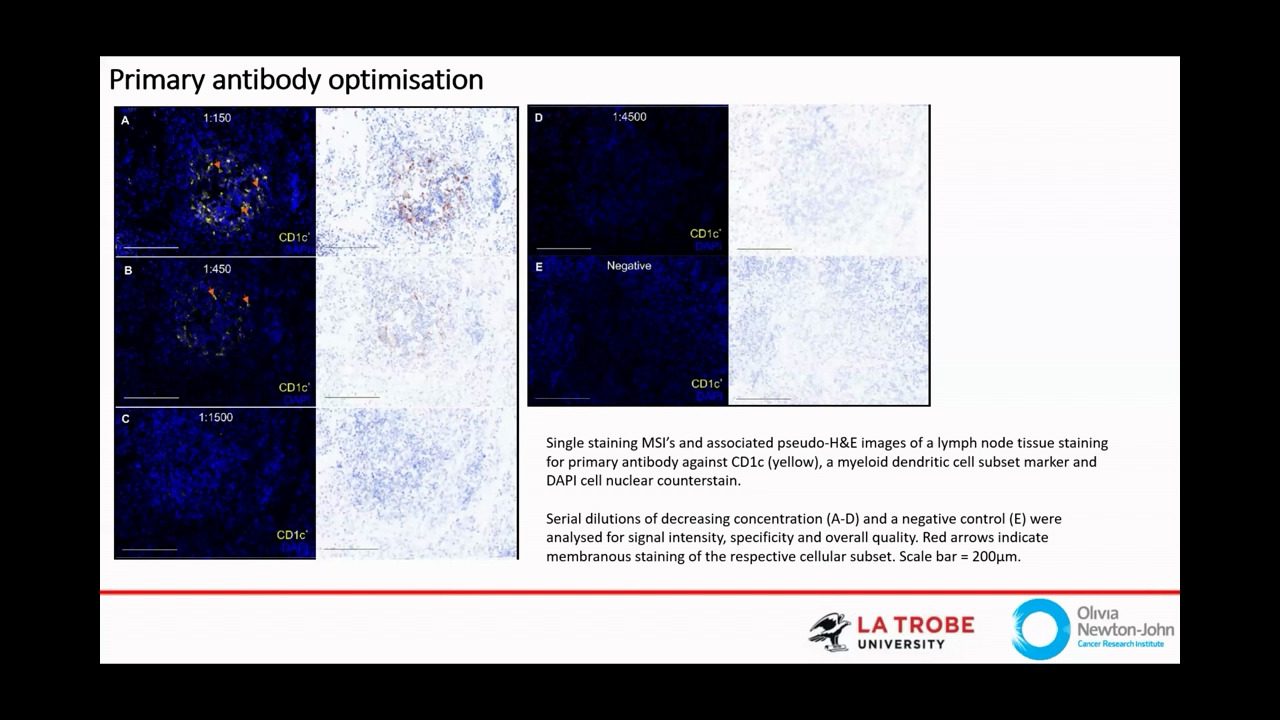
Speaker
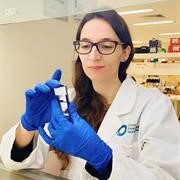
Jessica Da Gama Duarte, PhD
Postdoctoral Research fellow, Olivia Newton-John Cancer Research Institute, Australia


